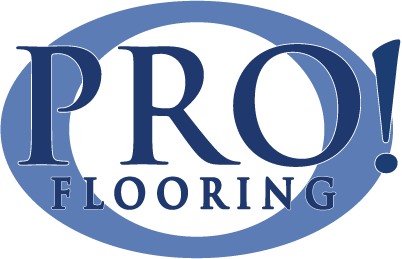Carpeting. It’s something we take for granted until something happens. Maybe your child spills chocolate ice cream on the floor. Or a guest drops a glass of red wine. Suddenly all of your attention moves to your flooring. Now what?
A quick search will bring up a plethora of ideas on what to do next.
- Use vinegar.
- Use baking soda.
- Use ammonia.
- A little dish soap will do the trick.
- Or try hydrogen peroxide; that works in some cases.
The thing is, they might work. With most spills, the most important part of cleaning it up is to act quickly. 
If you remove the stain before it sets in, you have a better chance of removing it all from the fibers.
The longer it sets, the less likely it will be that it will all come up.
Yet the more you use different cleaning products on your carpet, the more it wears out the fiber.
Dish soap, for instance, is designed to remove grease and grime from cooking utensils. But when you use dish soap, you scrub a dish or pot clean, then rinse the residue away.
You can’t do that with carpet. When you use it and rub it into the fibers, it sets in deep into the threads. You can’t rinse the residue away. So it often makes a bad situation worse.
It’s the same with many of the popular cleaning methods you’ll find online. Sure, they might work. But use them again and again and you’ll likely see your carpets grow dingy, dull, and worn.
And don’t think it’s just the DIY methods that cause the problem. Even many commercial cleaning products or services can cause more harm than good.
Many of today’s top commercial products include harsh chemicals, contaminants, and toxins that are harmful to your carpets. And when you use them in enclosed spaces, they can offgas and cause problems to your family’s health.
Want better advice? Sometimes it helps to go straight to the source. We work with different carpet manufactures and understand the best way to keep your investment clean and in good condition.
